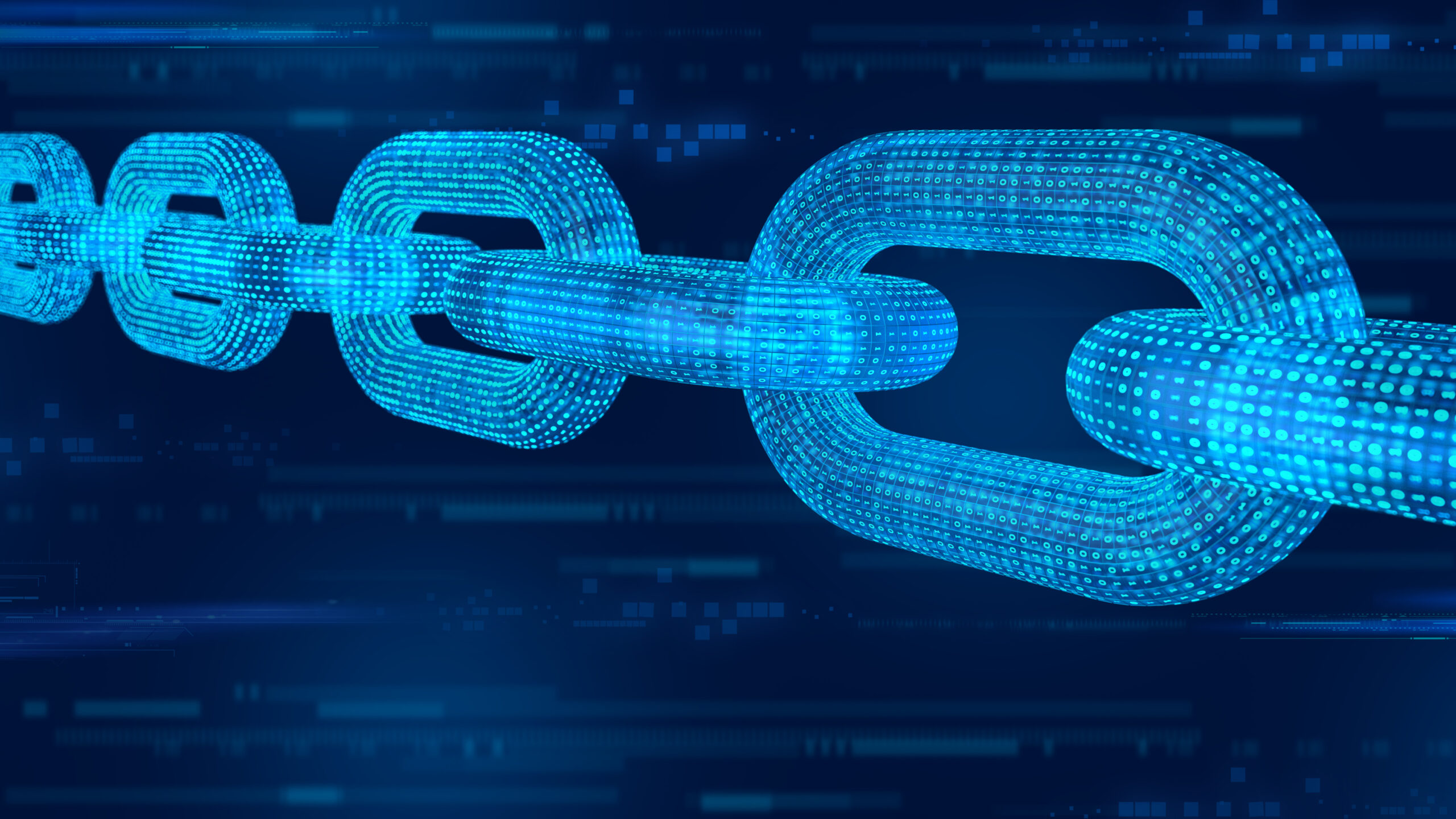1. Introduction
The boom of crypto-based business models engulfs many industry branches. Not surprisingly, the gaming industry has also developed crypto-based games, commonly referred to as Play-to-Earn games. It is generally possible to acquire in-game assets (e.g., playable characters, equipment, or houses) within these games, which can be traded on a blockchain. Furthermore, playing the game with these in-game assets allows players to earn rewards (mainly in the form of a token).
In this two part series, I will analyse the possible legal implications under Swiss Law of such Play-to-Earn games by the example of Axie Infinity, if it were run from Switzerland. Axie Infinity is very popular with approx. 2 million players worldwide. The game has been developed by Sky Mavis, a Vietnam-based company.
Part 1 gives an overview over the business model of Axie and the involved tokens and the legal qualifications of said tokens under Swiss Law and the possible application of the Swiss Law on Money Games (MGA).
Part 2 will discuss the legal situation regarding the Swiss Banking Act (BA), the Swiss Anti-Money Laundering Act (AMLA) and the and the Swiss Financial Market Infrastructure Act (FMIA).
2. How Does Axie Work?
This Assessment of Axie Infinity is based on the Axie Infinity whitepaper. [1]
Axie Infinity’s gameplay consists of collecting different pets, called Axies, breeding them, fulfilling missions, and fighting against other players. Breeding, completing missions and winning in fights will earn players rewards. Moreover, land plots and collectibles can also be earned, sold or purchased.
The whole ecosystem is based on blockchain technology. It runs on the so-called Ronin blockchain, which is an Ethereum-based sidechain. There are three different tokens used within this system
Axies are non-fungible token (NFT), meaning that every Axie pet, land plot or collectible is represented by a unique Axie token that can be exchanged over the Axie Infiity blockchain;
- Players need to spend the so-called Smooth Love Potion token (SLP) to breed their Axies. SLP can be acquired on various crypto-exchanges or earned as a reward for playing the game.
- The Axie Infinity Shard (AXS), finally, serves as the governance token for the Axie Infinity ecosystem. The AXS can be staked within the consensus mechanism to earn more AXS. Moreover, the AXS can be spent to acquire in-game assets. Finally, the AXS holder can vote on the development of the ecosystem and future projects.
In order to play Axie Initiny, users have to use the Ronin Wallet, which is a non-custodial wallet, meaning that only the wallet owner can convey over the tokens within this wallet.
It is worth noting that none of the tokens described above gives the holders a claim against or stake in Sky Mavis.
Moreover, Sky Mavis runs a marketplace, where the various in-game NFT can be traded.
3. Token Qualification
3.1. Legal Basis
The crucial question in determining the applicable regulatory provisions is whether or not the token exchanged on the blockchain qualifies as a security. The qualification as a security can possibly trigger various obligations ranging from prospectus obligation to licences as a securities firm or a financial market infrastructure.
According to FINMA’s guideline on Initial Coin Offering (ICO) there are three different types of tokens:
First, Payment Tokens are intended to be used now or in the future as a means of payment for the purchase of goods or services or as a means of storing and/or transferring money or value. Cryptocurrencies do not create any claims on their issuer.
Second, Utility Tokens are intended to provide (digital) access to applications and/or services by means of a blockchain-based infrastructure.
Third, Asset Tokens represent assets, such as a claim against the issuer. Investment tokens promise, for example, a share in future earnings or future cash flow of the issuer or the platform. In terms of their economic function, these tokens are therefore treated analogously to traditional shares, bonds or derivatives. In general, tokens that enable trading of tangible assets on the blockchain also fall into this category.
The individual token classifications are not mutually exclusive. Both Asset and Utility Tokens can be classified as Payment tokens at the same time (so-called Hybrid Tokens).
3.2. Assessment
The three tokens of the Axie Infinity ecosystem can be qualified as follows:
- The Axie NFT neither qualifies as a Payment, Utility or Asset Token since every Axie NFT is unique referring to a single Axie pet or other items in the game.
- The SLP can be used as in-game currency and can be sold on various crypto exchanges. Thus, the SLP qualifies as a Payment Token.
- The AXS is crucial for the functioning of the Axie Infinity ecosystem, namely for the consensus mechanism and the development of the ecosystem. Furthermore, the AXS can be used as in-game currency and can be sold on various crypto exchanges. Thus, it qualifies as a Hybrid Token bearing characteristics of a Payment and an Utility Token.
- None of the tokens qualify as an Asset Token.
4. Swiss Money Games Act
4.1. Legal Basis
The MGA is applicable to games in which a monetary prize or other monetary advantage is offered in return for a monetary stake or upon conclusion of a legal contract so called money games.
In order to assess the legal requirements for such money games a distinction has to be made between lottery games and skill based games. Lotteries are games that are open to an unlimited number of persons or at least a large number of persons and in which the result is determined by one and the same random drawing or by a similar procedure. Skill based games are games in which the game winnings depend entirely or predominantly on the skill of the player.
The distinction between skill based games and lottery games is very important, since the net profit of lottery games have to be used for charitable purposes. This is not the case for skill based games.
The intercantonal authority GESPA (Interkantonale Geldspielaufsicht) considers a game as skill based if the Players have several options to influence the course of the game. Skilled players can achieve a higher profit over a larger number of game units than other players. Successful play requires skills of a certain complexity. Finally, in blind play (where the game is played randomly), the probability of making a profit is low.
If an online money game is offered in Switzerland, the game and the organizer require a permit from GESPA. Money games from foreign organizers that are accessible online from Switzerland are not allowed and also not eligible for a permit and will be blocked. However, a cooperation with a Swiss-based organiser of money games is possible.
This authorisation requires the game to be conducted in a safe and transparent manner, there have to be measures in place to protect from excessive gambling and the net winnings of the organiser need to be used for charitable purposes, unless it is a skill based game.
If the organiser is based in Switzerland, they have to be a swiss legal entity and have a good reputation. Furthermore, they have to disclose any financial or other interests it may have in other companies and prove the legitimate origin of the funds at its disposal. They also need to have a security and social concept as well as sufficient fund to pay out the winnings. If they run a lottery the operating costs, namely advertising and wages, have to be in reasonable proportion to the funds made available for charitable purposes.
Since money games usually have a potential for harmful addiction, organiser of money games are obliged to take measures to protect players from excessive gaming and financial ruin. The extent to which such measures have to be taken depends on the specific risk of the game for excessive gaming. The following criteria can be used to determine this risk: Payout rate, the speed of the game, the amount of the stakes, the winning opportunities, the level of automation, and the game’s presentation.
The organiser has to implement a social concept addressing early detection of players at risk of gambling addiction, self-monitoring, game restrictions and game moderation, the imposition and implementation of match suspensions, and collect data to evaluate the effectiveness of the measures taken.
Finally, the organiser of money games has to ensure that he is able to detect players that are over-indebted or do not meet their financial obligations or place wagers that are disproportionate to their income and assets.
4.2. Assessment
Even though the MGA was not drafted with blockchain-based games in mind. The definition of a money game fits the business model of Axie Infinity. In order to partake in the Axie Infinity game, players need to buy AXS on the market to buy an Axie pet in the form of an NFT. Then, by playing against other players, completing missions or breeding Axie pets, players can earn SLP and AXS, which subsequently can be spent in-game for the possibility to earn more SLP or AXS or sold on a crypto exchange. Since, the criteria for a money game are all met and there is high probability that it would be qualified as such under the MGA.
Since success in the game is mostly based on the skill of players and not predominantly left to chance, the game would most likely be qualified by GESPA as a skill-based money game.
Consequently, a permit for the game and the organizer would be required. However, Sky Mavis is not based in Switzerland, which means that it is not possible to obtain an authorisation for the game and there is therefore a risk of it being blocked by GESPA. However, a cooperation with a licensed organizer in Switzerland should be possible.
However, the question arises whether Sky Mavis can be qualified as an organiser of this game, since the development of the ecosystem is community driven. Currently, Sky Mavis drives the development of the ecosystem and still has the majority vote on new projects. In the future it will lose its majority. From this time on, Sky Mavis will have only very limited possibilities to influence the ecosystem and cannot introduce new functionalities by itself.
Therefore, we are faced with the problem that in the future, there will be no organisation responsible, which could influence the game and control the behaviour of the players. Correspondingly, the authorisation of the game itself also requires an organiser. In such a case, analogous to financial market laws, the argument could be made that completely decentralized organisations and ecosystems, which are community driven – at least from a certain point in the development – are not regulated under the current MCA. It has to be noted, there are no court decisions or publicly known decisions of any competent authority yet.
However, as long as Sky Mavis introduces new functionality by itself, has a majority vote on the development of the ecosystem and develops the game in its own decisions, it would be qualified as an organiser and thus also the game itself would require an authorisation in order not be restricted by the GESPA.
5. Consequences
Given the broad definition of money games, the MGA would be in most cases applicable to Play-to-Earn games. However, the requirements for an authorisation of the game and the organiser would in most cases negate the characteristics and advantages of a blockchain based ecosystem, if strictly applied. In my opinion, only a completely decentralised and community driven ecosystem would fall outside the MGA due to the lack of an organiser. Thus, there is currently a high legal risk for Play-to-Earn games in Switzerland to become subject to regulation of the MGA.
In order to allow for such business models in Switzerland, guidance of the GESPA would be needed. Since the Play-to-Earn games are not directly comparable to classic casino money games the risk of addiction is very low, the GESPA could acknowledge that a Play-to-Earn game only needs to restrict and monitor the activities of the players to a very limited extent. Such restrictions could easily be implemented in the respective smart contract.





